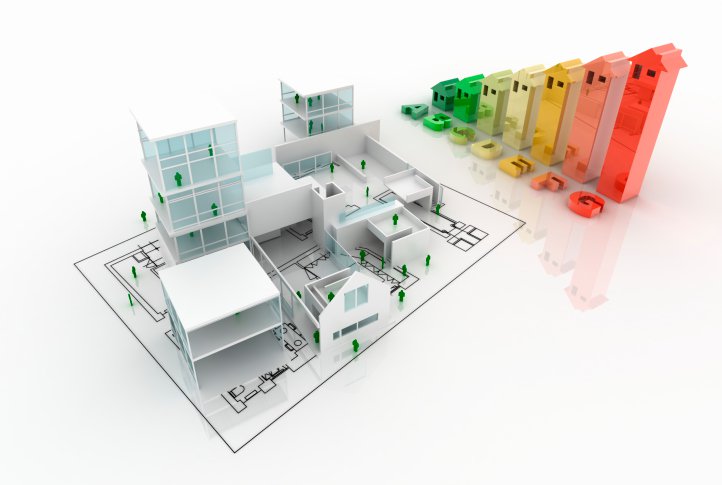
The energetic efficiency is an important factor for the sustainable growth of the economy and its competitiveness, by its capacity to create competitive solutions favouring the development of modern companies, by its potential effect of reducing the price of other factors, and also by its capacity to generate new investment in areas with a high degree of technology. At the same time, energetic efficiency must be closely linked to environmental issues.
Nowadays, any activity born in a modern society is not possible without the use of one or more sources of energy. There are several types of primary energy processed by society and available to consumers, such as electricity, gasoline, alcohol, diesel oil, natural gas, etc.
That primary energy is consumed by simple devices (light bulbs, and electrical engines) or by more complex systems integrating diverse pieces of equipment (refrigerators, automobiles, factories). These pieces of equipment and
systems convert the energy received in several types of final energy (thermal, mechanical, lighting, etc.). Throughout this process a small amount of the energy used is lost into the environment. An example is the thermal and physic process occurring in a light bulb, where electricity is converted into light and heat (thermal and light energy). With the aim of lighting, a measure of its efficiency may be obtained by the energetic contrast between the electrical energy consumed by the bulb and the light energy emitted.
To develop economically sustainable tailored energetic efficiency solutions.
 WHY WE ARE DIFFERENT…
WHY WE ARE DIFFERENT…The energetic efficiency implies the implementation of energy saving measures (active or passive) to avoid its waste in transformation processes (energy production, distribution and use), lighting, engines, pieces of equipment, heating, cooling, DHW, compressed air, industrial water systems and other supplementary systems.
There are several forms to achieve energetic efficiency, running the user profiles of the equipment, correcting behaviours, adjusting control systems so that the pieces of equipment consume energy only when necessary, and many others.
There are several enhancer factors of energetic consume which aren’t given the proper attention but which explain much of the waste. An example of this is a thermal plant, where the isolation of the producer unit of thermal energy and related hot water pipelines wasn’t performed so as to reduce the initial investment. This will create a future problem as the waste costs in the exploitation stage will be supported by consumers. Besides this negative consequence, there will be a proliferation of the negative effects as the energy migrates through all sectors of the economy. This explains the need to implement energetic efficiency measures right from the construction stage of the building, industry, equipment or energy consumer system.
 COMPETITIVENESS
COMPETITIVENESSThe Energetic Efficiency is a competitiveness vehicle for companies for the energy saving it offers.
As an Energetic Efficiency company, Lutche has Qualified Experts in the Buildings sphere with experience and skills to execute these Audits, as well as design the improvement measures targeted at providing a greater Energetic Efficiency and a better quality of the indoor air of buildings.
In the Industry sphere we have skilled Technicians acknowledged to perform an Energetic Audit, Energy Rationalization Plans and Progress and Execution Reports.
In the Measurement & Verification sphere (CMVP – Certified Measurement & Verification Professional), we are acknowledged by AEE & EVO as technically skilled. This service is mandatory for ESCO companies (Energy Services Companies).
Lutche Engineering has cumulative experience in a wide range of areas and sectors, such as: